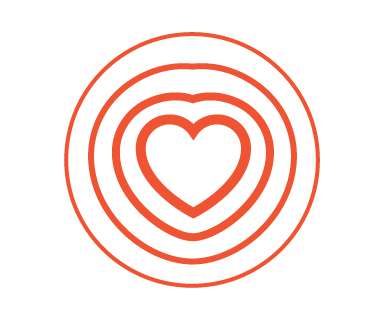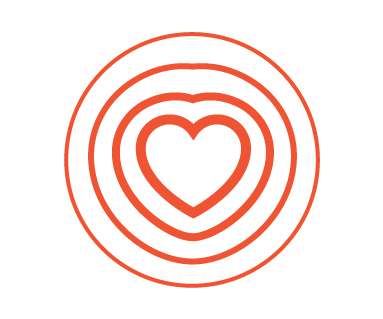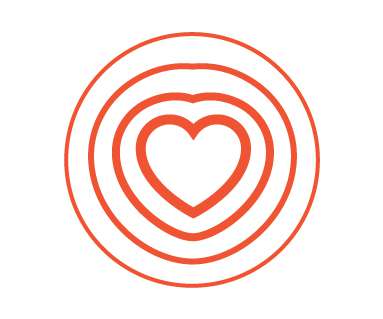The Digital Transformation of Patients – Update from Rock Health and Stanford
Health Populi
MARCH 2, 2021
Concerningly, more people dealing with a chronic condition avoided health care more than people without a chronic disease — 48% versus 31%, meaning that 1 in 2 patients with a diagnosed condition delayed health care during the pandemic in 2020. Health Populi’s Hot Points: Digital health tools generate data.













Let's personalize your content